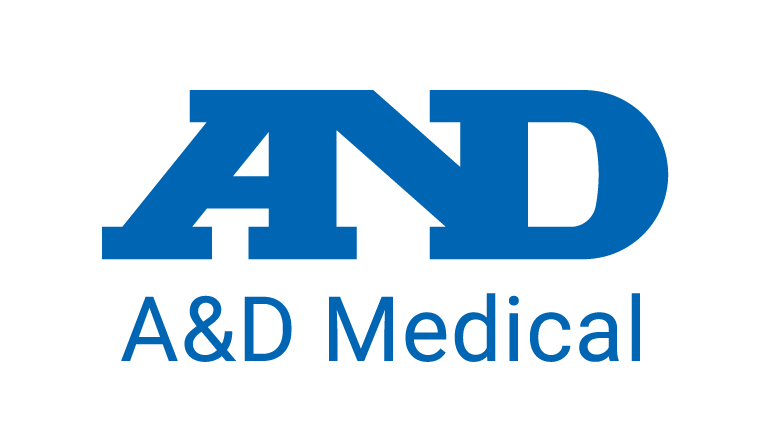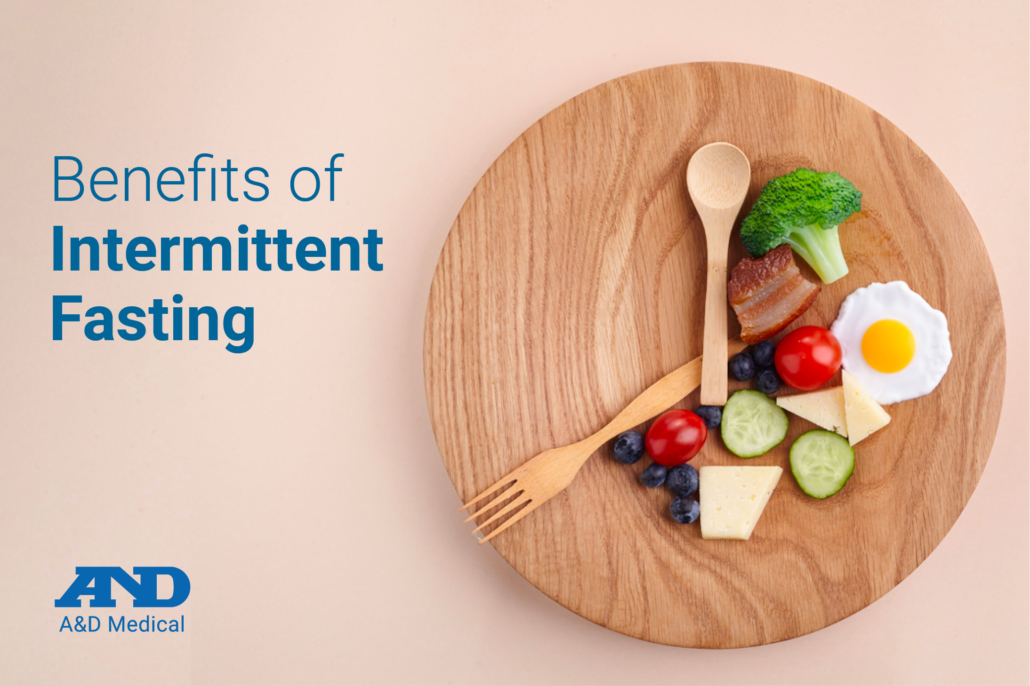Benefits of Intermittent Fasting on Blood Pressure
If you struggle with hypertension, your doctor has probably told you once (or twice) to watch what you eat. What you fuel your body with can have a noticeable impact on your blood pressure. However, have you considered the “when,” involved? As in, when you eat.
It’s this idea of controlling the time (or times) at which you eat that has fueled the trend of intermittent fasting. Despite what the name implies, there is food involved. Perhaps more surprising, fasting may have some blood pressure and other health benefits.
The skinny on intermittent fasting
Before we get into the benefits of this diet, let’s discuss what intermittent fasting is. While it may seem like a hot new trend, the concept of intermittent fasting has been around for quite some time. In fact, going all the way back to prehistoric times (think hunters and gatherers), human bodies have been designed to go for long periods without consuming calories.
This form of dieting puts less emphasis on caloric intake, and more on controlling when you eat. For example, the 16/8 plan allows you to eat during eight hours of the day and fast for 16. Another fasting method is the 5:2 which limits your caloric intake on two non-consecutive days.
How it works
Now that we know intermittent fasting does in fact involve food – how does it work? Well, think of it as a reboot for your metabolism.
In the age of technology, we’ve become far less active and prone to grazing during our waking hours. Intermittent fasting works by prolonging the period when your body begins burning fat. Simply put, it gives your digestive system more time to process.





